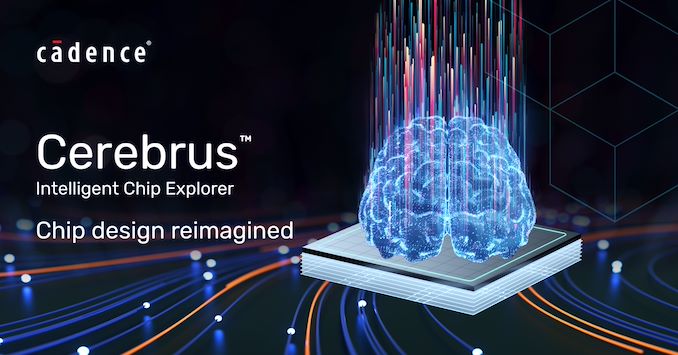Nvidia AutoDMP open source GPU accelerated AI chip design software arrives to rapidly optimize chip designs for cost, speed, and power efficiency.
Nvidia Tech Uses AI to Optimize Chip Designs up to 30X Faster : Read more
Nvidia Tech Uses AI to Optimize Chip Designs up to 30X Faster : Read more


